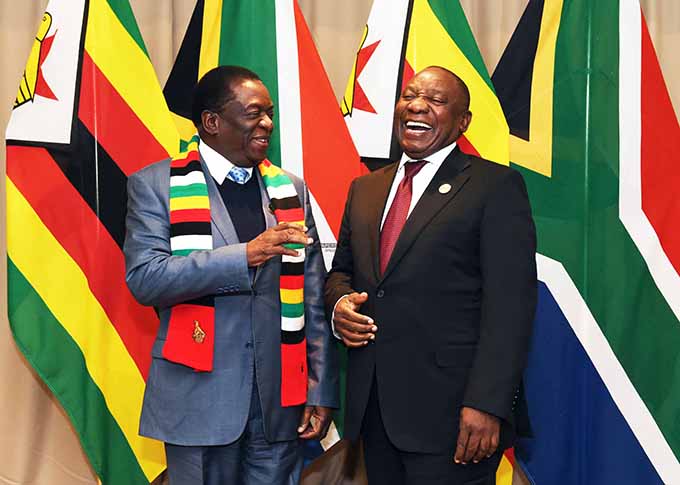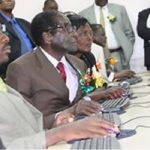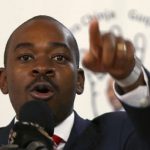The Afrobarometer poll, which some are questioning, gave Mnangagwa the lead, twice, but what was significant was the number of people that refused to express their opinions.
Analysts have tended to give this vote to Chamisa but a key factor that has been totally ignored is the fear factor.
Some 31 percent of the potential voters in rural areas feared that powerful people will know how they voted. The figure was even higher for urban voters – Chamisa’s stronghold. Thirty-three percent feared powerful people would know how they voted.
Some 53 percent of the urban voters said the military will not accept the results and 54 percent felt there will be violence after the announcement of the results.
Only 34 percent of the rural voters felt that the security forces will not accept the results and 32 percent were worried there will be violence after the announcement of the results.
If, as Jonathan Moyo has often claimed, ZANU-PF embedded soldiers in the community (which he knew about because this must have been done before the military intervention), then it would be unthinkable for Mnangagwa to lose because the fear factor works to his benefit.
This also quashes reports that the presidential election will be too close to call because people do not want any run-off.
If they felt that the security forces will not accept the result and there will be violence after the elections, the only solution is to give ZANU-PF an overwhelming victory, avoid any bloodshed, and get back to business.
If this is what Chamisa means by rigging, then he could be right. But it appears he has been focused on stuffing ballot papers, an old trick ZANU-PF leant does not work way back in 1995 when Margaret Dongo challenged Vivian Mwashita’s victory and won.
(1510 VIEWS)


